Unlock the secrets of growing and using marjoram and oregano, the versatile and flavorful herbs. This guide explores their varieties, cultivation techniques, culinary applications, and health benefits, empowering you to elevate your dishes with the rich aromas and unique flavors of these Mediterranean gems.
In the vibrant tapestry of culinary herbs, marjoram and oregano stand out as true gems, offering a tantalizing blend of rich aromas and distinct flavors. These beloved members of the Origanum genus have graced kitchens and gardens around the world for centuries, weaving their way into countless cultural traditions and culinary masterpieces. Whether you’re a seasoned chef or a budding home cook, mastering the art of growing and utilizing these Mediterranean treasures is a journey that promises to elevate your dishes and delight your senses.
Here’s a short chart with information about Marjoram (Origanum majorana) and Oregano (Origanum vulgare):
| Aspect | Marjoram (Origanum majorana) | Oregano (Origanum vulgare) |
|---|---|---|
| Botanical Name | Origanum majorana | Origanum vulgare |
| Common Names | Marjoram, Sweet Marjoram | Oregano, Wild Marjoram |
| Plant Type | Herbaceous perennial | Herbaceous perennial |
| Zones | 9-11 | 4-10 |
| Exposure | Full sun | Full sun |
| Bloom Time | Summer | Summer |
| Height/Spread | 1-2 feet tall, 1-2 feet wide | 1-2 feet tall, 1-2 feet wide |
Exploring the Essence of Marjoram and Oregano
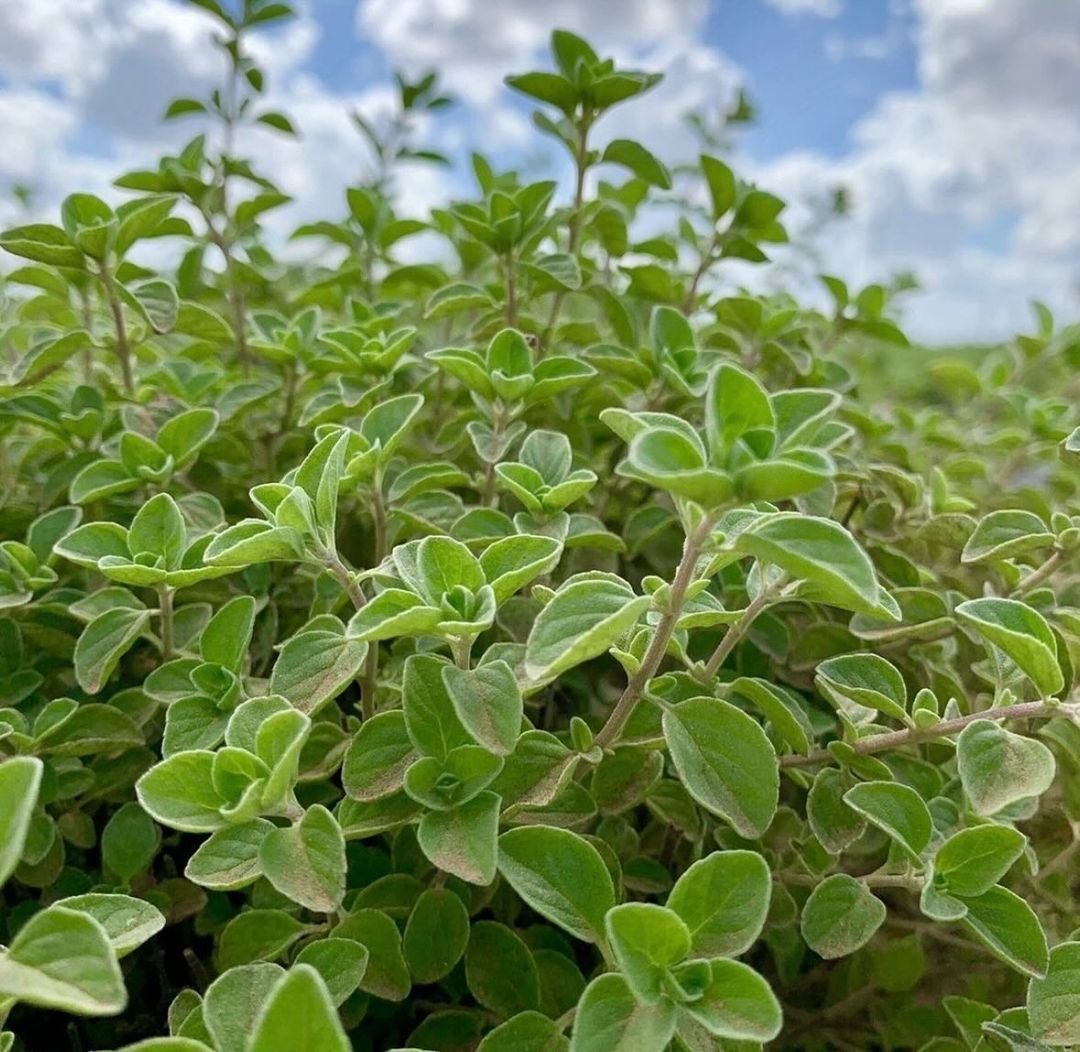
The Marjoram Delight
Origanum majorana, commonly known as marjoram, is a tender perennial herb that hails from the sun-drenched landscapes of the Mediterranean and Asia. With its delicate, sweet flavor and hints of pine and citrus, marjoram has long been a cherished addition to various cuisines, particularly in Italian and French culinary traditions.
The Bold Allure of Oregano
On the other hand, Origanum vulgare, or oregano, is a hardy perennial herb that boasts a bold, earthy flavor with undertones of warmth and a slight bitterness. Native to the Mediterranean, Europe, and parts of Asia, this robust herb has become an indispensable ingredient in many Mediterranean and Mexican dishes, imparting a unique depth and character to a wide range of culinary creations.
Cultivating Your Own Marjoram and Oregano Haven
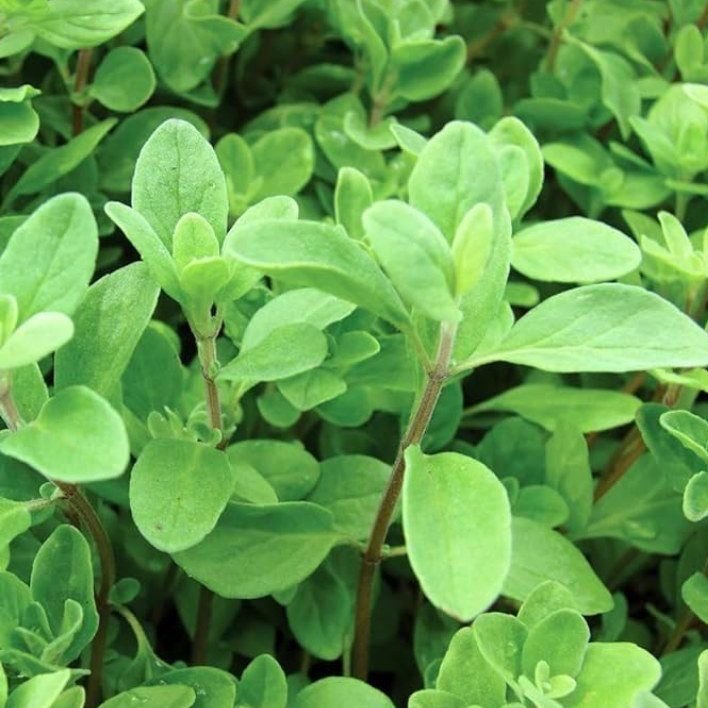
Planting and Growing Conditions
One of the great joys of cultivating marjoram and oregano is the relative ease with which they can thrive, even in small spaces or containers. Both herbs flourish in well-draining, nutrient-rich soil with a slightly alkaline pH and prefer full sun exposure, although they can tolerate partial shade. When planting, sow seeds directly into the ground or start them indoors and transplant once the danger of frost has passed, spacing the plants about 8-12 inches apart to allow for proper air circulation.
Nurturing Your Herbs
Watering and Fertilizing
While marjoram and oregano are relatively drought-tolerant, they’ll benefit from consistent watering during dry spells. Fertilize them every 4-6 weeks with a balanced, water-soluble fertilizer to ensure optimal growth and flavor.
Pruning and Harvesting
Regular pruning encourages bushier growth and extends the plant’s lifespan. Harvest the leaves as needed, taking care not to remove more than a third of the plant at once to ensure continued productivity.
Unleashing the Flavors: Culinary Applications and Health Benefits
Culinary Versatility
The versatility of marjoram and oregano extends far beyond their roles as simple seasoning herbs. Marjoram’s delicate flavor pairs beautifully with poultry, vegetables, and dairy dishes, while oregano’s robust earthiness complements tomato-based sauces, pizzas, and grilled meats, infusing each dish with a distinct and captivating essence.
Potential Health Benefits
Beyond their culinary prowess, marjoram and oregano offer a wealth of potential health benefits. Rich in antioxidants and anti-inflammatory compounds, these herbs have been used in traditional medicine to treat various ailments, from respiratory issues to digestive problems. Additionally, the essential oils extracted from these plants are widely used in aromatherapy and have been studied for their potential antimicrobial and antifungal properties.
Preserving and Savoring the Flavors
Recipes and Inspirations
To fully appreciate the flavors of marjoram and oregano, explore a variety of recipes that showcase their unique qualities. From classic Italian marinara sauce to Mediterranean-inspired salad dressings, the possibilities are endless. Experiment with different combinations and let your creativity flourish, allowing these herbs to transport you to the sun-drenched landscapes of their origins.
Preservation Techniques
Preserving marjoram and oregano is a great way to enjoy their flavors year-round. Drying or freezing fresh leaves is a simple and effective method, while making herb-infused oils or vinegars can add depth and complexity to your favorite dishes. Explore various preservation techniques to ensure a constant supply of these flavorful gems, ready to elevate your culinary creations at any time.
Marjoram and oregano are more than just herbs; they are gateways to the rich culinary traditions and flavors of the Mediterranean region. By growing and incorporating these versatile plants into your cooking, you’ll not only elevate your dishes but also embark on a flavorful journey that connects you to the vibrant cultures and cuisines of this captivating part of the world. Embrace the marjoram and oregano handbook, and let these Mediterranean gems inspire you to create culinary masterpieces that delight the senses and nourish the soul.

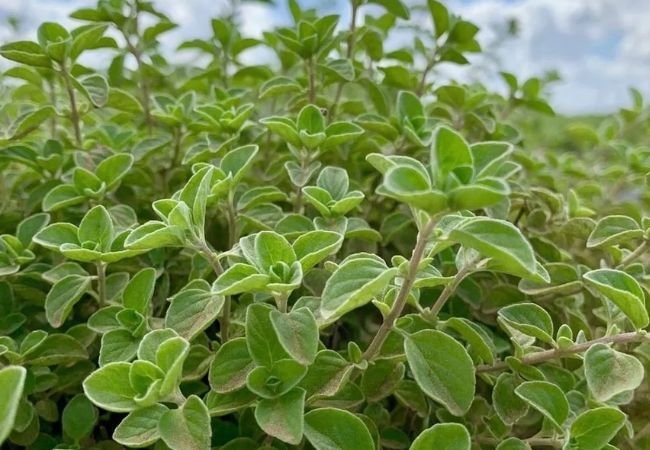
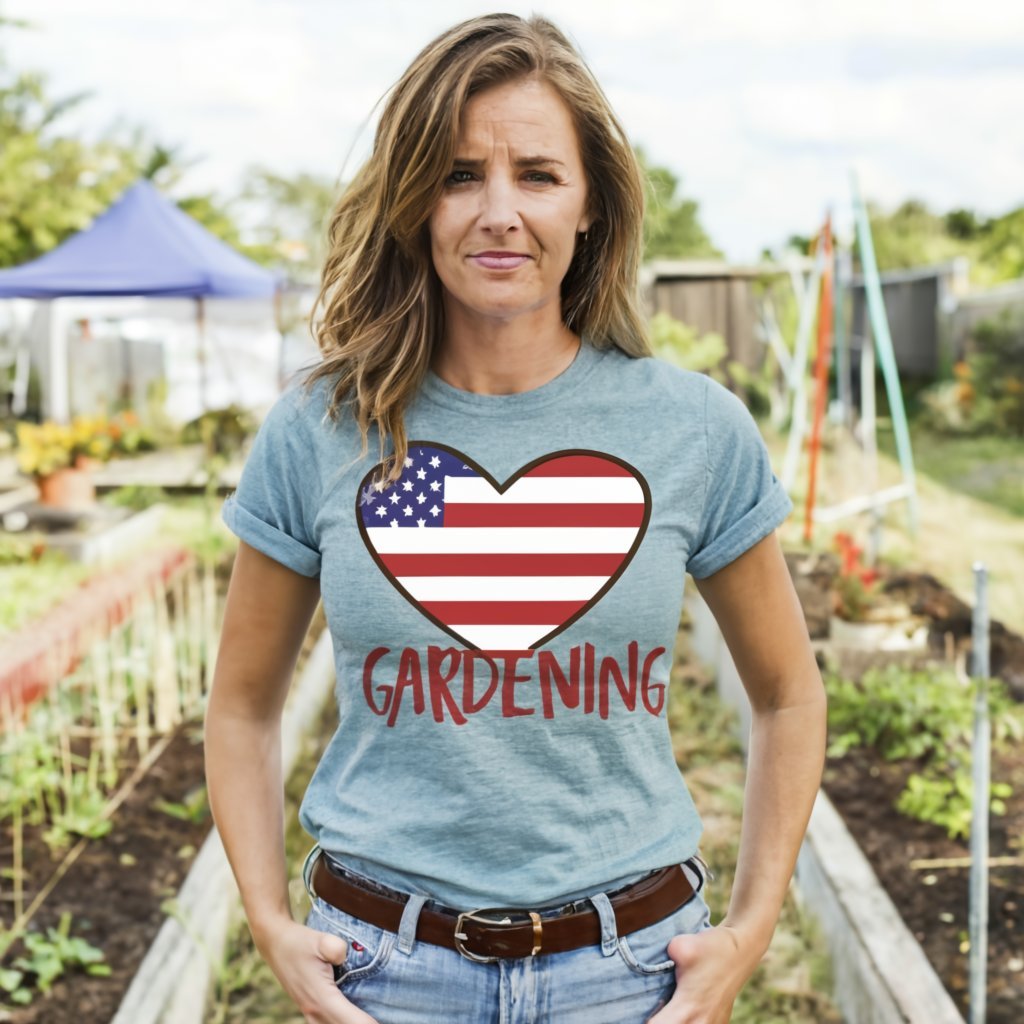



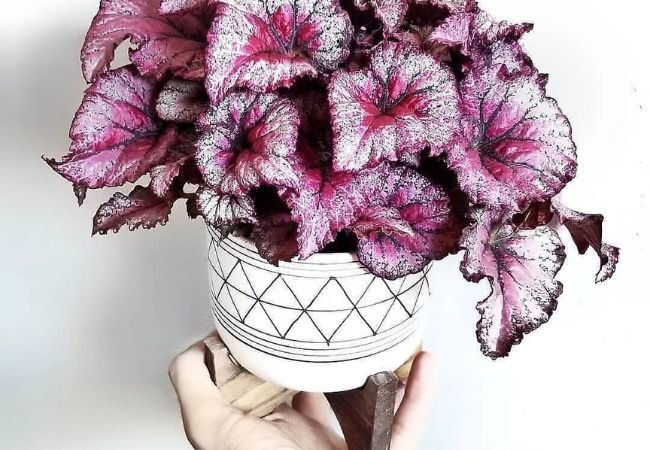

Leave a Reply